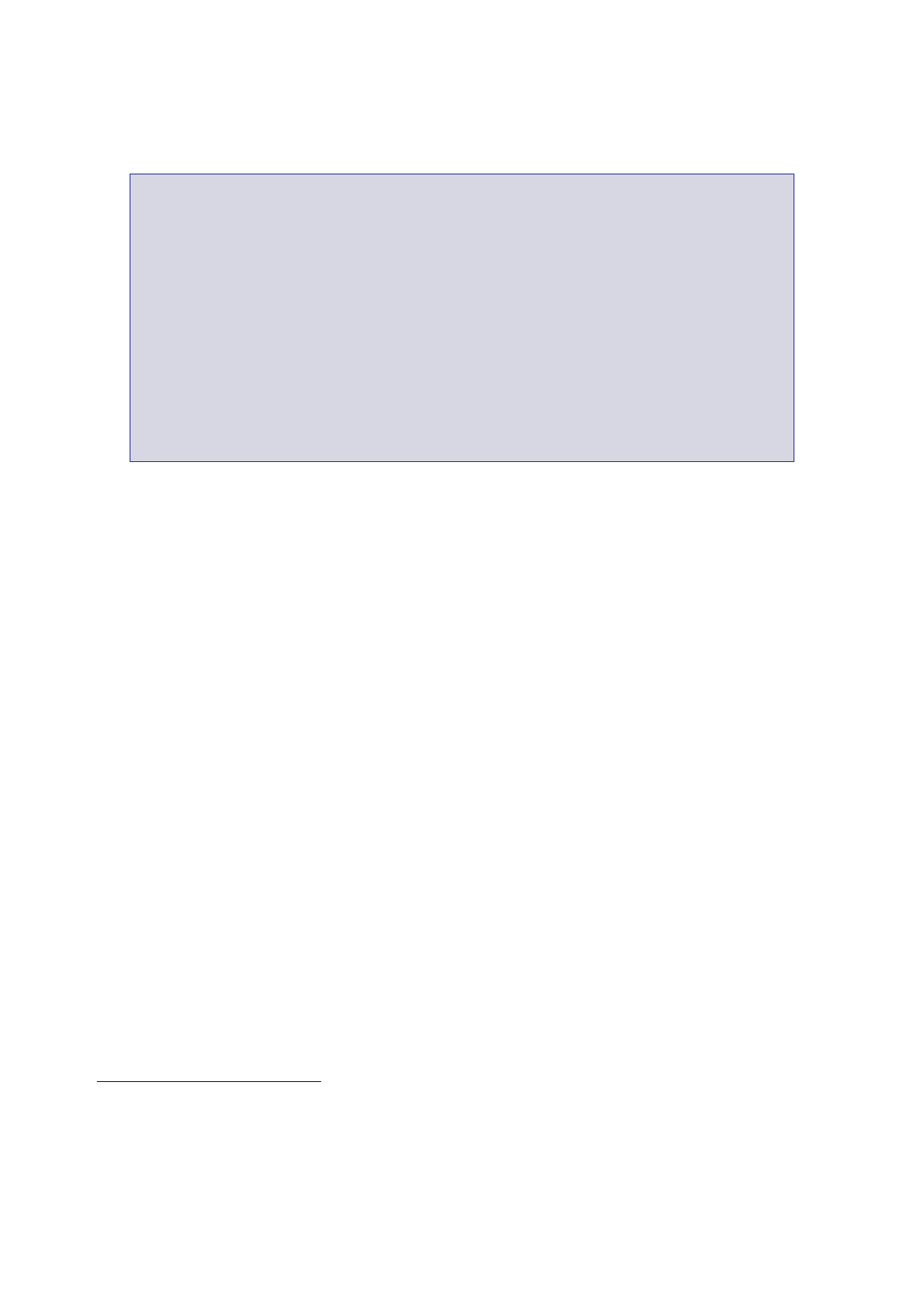
The Report
of the Iraq Inquiry
251.
Dr Blix added
that the problem was that “any concession in the
implementation
of a Security
Council resolution was a step taken on a slippery
slope”.
A dispute
between the two main Kurdish parties, the Kurdish Democratic Party
(KDP) and
the
Patriotic Union of Kurdistan (PUK), became increasingly tense from
May 1994.
In August
1996, the KDP, led by Mr Masoud Barzani, sought Saddam
Hussein’s support
to retake
the city of Erbil from the PUK, led by Mr Jalal Talabani.
Saddam Hussein sent
thousands
of troops and more than 300 tanks to attack the PUK in
Erbil.
The
conflict was eventually ended by the US-mediated “Washington
Agreement” between
the PUK and
the KDP in September 1998. The two parties agreed to share revenues
and
power and
to exclude Iraqi troops from the Kurdish region. The US pledged to
protect the
Kurds from
aggression by Saddam Hussein.
252.
The President
of the Security Council issued a statement on 23 August
1996
reinforcing
the importance of Iraq’s co-operation with UNSCOM and that it
should
be given
immediate, unconditional and unrestricted access to facilities and
individuals
to allow
it fully to discharge its mandate and stating that:
•
The Council
remained “gravely concerned” by Iraq’s failure to comply fully
with
its
obligations.
•
Iraq’s
repeated denial of access to sites and attempts made to
impose
conditions
on interviews were a “gross violation of its obligations” as well
as
a
contradiction of its commitments in the joint statement of
22 June.116
253.
On
3 September, Mr Ekéus reported that, during discussions
in Baghdad on
26 to
28 August, Mr Aziz had stated that Iraq “was abiding and
would continue to abide
sincerely
and effectively” by the June agreements.117
254.
Mr Ekéus
had stressed that concerns relating to concealment of proscribed
items
remained a
prime objective for UNSCOM. Mr Aziz made a formal statement to
the effect
that Iraq
did not conceal proscribed weapons, components or documents and
asked
UNSCOM to
refrain from conducting further on-site inspections and interviews
on that
issue.
Mr Ekéus said they must continue.
255.
Iraq also
stated that it would not accept any new extension or enlargement
of
UNSCOM’s
rights and privileges and on several occasions “attempted to
dictate how
and to what
extent” those rights should be exercised.
116
UN Security
Council, 23 August 1996, ‘Statement by the President of the
Security Council’
(S/PRST/1996/36).
117
UN Security
Council, 3 September 1996, ‘Letter dated 3 September 1996
from the Executive Chairman
of the
Special Commission established by the Secretary-General pursuant to
paragraph 9 (b) (i) of
Security
Council resolution 687 (1991) addressed to the President of the
Security Council’ (S/1996/714).
68
